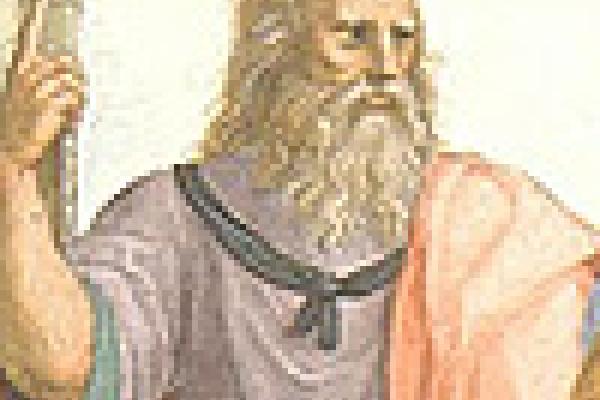Article

The philosophy of applied mathematics
We all take for granted that mathematics can be used to describe the world, but when you think about it this fact is rather stunning. This article explores what the applicability of maths says about the various branches of mathematical philosophy.